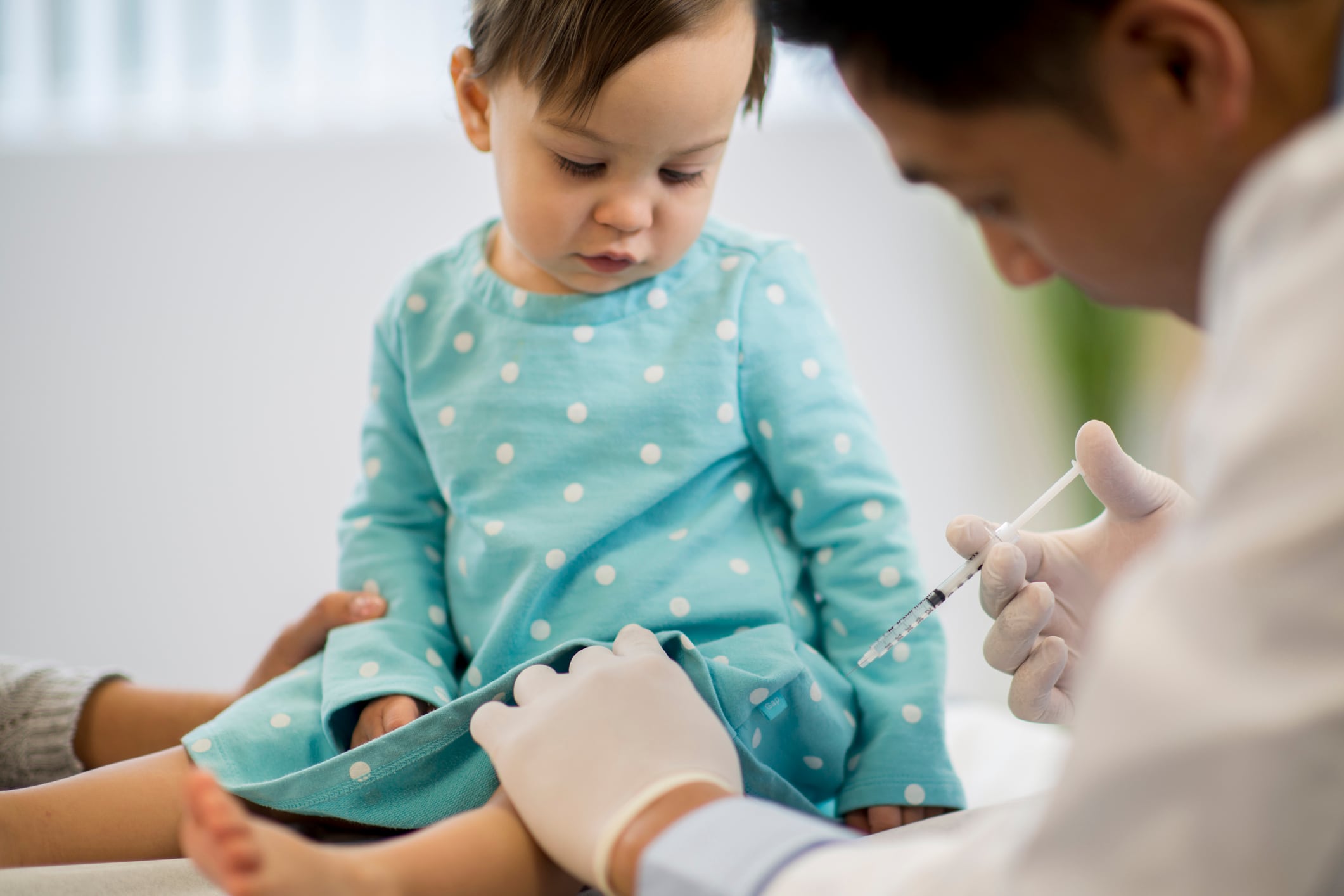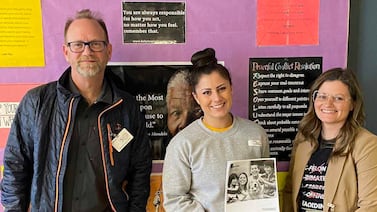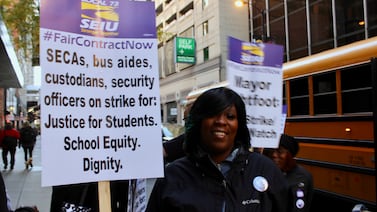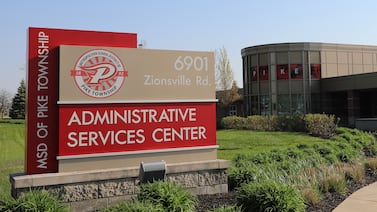A $2.5 million gift from billionaire MacKenzie Scott will jump-start a new grant program that aims to improve outcomes for Colorado’s youngest children.
Early Milestones Colorado, a statewide policy and research group, received the donation from Scott last year after what leaders there describe as an exciting and mysterious process. They used the gift to create the Impact on Equity Fund, which will begin awarding $100,000 grants this fall to Colorado organizations that work on prenatal and birth-to-3 issues.
The new grant program comes during a challenging moment for Colorado’s youngest children: Federal COVID relief funds for early childhood are drying up, and, in recent years, much of the state’s energy has gone toward 4-year-olds served by the state’s new tuition-free preschool program.
Jennifer Merva Stedron, executive director of Early Milestones Colorado, said the youngest Coloradans and their families need more help. She cited the state’s rising maternal mortality rate, mediocre toddler vaccination rates, and billions in economic losses because working parents can’t find care for babies and toddlers.
“It’s just not good enough,” she said. “We’re a better state than that.”
Merva Stedron said the new Impact on Equity grants — up to 10 this year — will be given to groups that propose innovative local early childhood efforts.
“We feel very, very firmly that those that are closest to the problem really have the solutions,” she said.
Early Milestones was one of at least three Colorado organizations that received gifts last year from Scott, a philanthropist who received a 4% stake in Amazon as part of her divorce settlement with Amazon founder Jeff Bezos.
Valley Settlement, which provides a mobile preschool program and other services to Latino and immigrant families in the Roaring Fork Valley, received $2 million from Scott. Parent Possible, which provides home visiting and early learning programs to families with young children statewide, received $1 million.
Merva Stedron said she learned about the prospect for a major donation — though Scott was not initially named — when Early Milestones received an “out-of-the-blue” email in January 2023. The firm that sent the email, which she later learned vets potential recipients of Scott’s fortune, requested “loads and loads” of documents and an interview.
In the interview that month, staff from the firm told Merva Stedron, “If you don’t hear anything by the end of the year, you didn’t get a grant,” she said.
Even then, the Early Milestones team didn’t know who was giving out the money, how much was being awarded, or how much competition there was for the funds. Several months later, they learned the organization had been selected.
Merva Stedron, who hopes Scott’s donation will help attract another $7.5 million in donations for the Impact on Equity Fund, calls the money “a dream come true.”
Applications for the Impact on Equity grants are slated to open in June. Organizations can sign up here for notifications about the program.
Ann Schimke is a senior reporter at Chalkbeat, covering early childhood issues and early literacy. Contact Ann at aschimke@chalkbeat.org.








